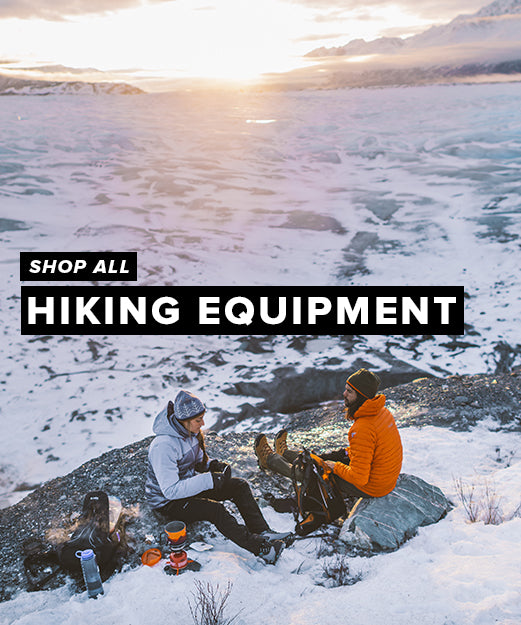Lights For Camping
If we relied on daylight to illuminate our camping trips then we'd either enjoy short days or spend several hours stumbling around in twilight and darkness. Happily, there are several options to light your way when cooking, walking, reading or just hanging out. You will probably decide you need a variety from area lighting to a personal head torch.
Light emitting diodes (LEDs) have made the old problem of broken bulbs irrelevant and you really can now get away with just throwing torches and lanterns into a box between trips and forgetting about them. That would be a shame if they are powered by traditional batteries. If they leak (they will eventually), then the chances are your purchase will end up in the bin. Before dropping them into your box of camping essentials, take out the batteries and drop them with the light into a bag. Otherwise, give them all an occasional wipe down and quick dry. If you use a head torch regularly, consider washing the headband every now and then. If you have ever sat in the light given off by a powerful gas lantern, you will want one for your camping trips. The key element is the mantle. Mantles start out as a supple mesh but, once fitted and the lantern lit, turn brittle. Drop them or just knock them and holes can appear which reduce efficient burn and light output. Mantles are pretty cheap so keep a couple of spares handy and check out the lantern after storage. If you think gas lanterns are great, try using a liquid fuel lantern such as the classic Coleman; designed to run on Coleman fuel, they can also run on unleaded petrol.
Coleman lantern tips
Poor quality dirty fuel and torn mantles may result in lanterns spluttering and losing light output so it makes sense to use a filter funnel when filling the fuel tank.
Liquid fuel needs pressure in the tank to reach the generator. Once in a while, add a few drops of light machine oil to the pump's cup plunger; it helps keep the plunger sealing tight against the pump tube.
When storing a lantern for a while, empty the tank back into the fuel container. If left, the instability of petro-chemicals means elements can clog up the fuel pick-up tube.
If your lantern is dirty, clean it with mild soap and water. Dry it thoroughly and pack it away in a bag.
It is vital that you use a clearly labelled appropriate container to move and store unleaded petrol. Filling an old juice bottle is definitely NOT recommended!
 NEW!! Free UK Delivery
NEW!! Free UK Delivery Hassle-Free Returns
Hassle-Free Returns Clearpay
Clearpay









